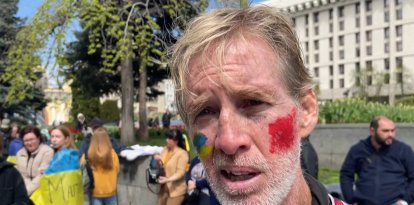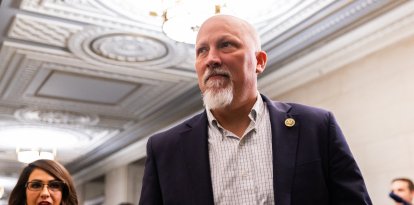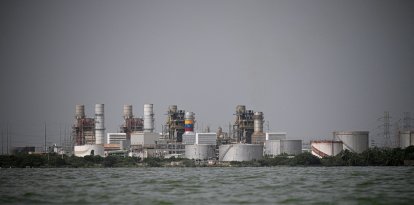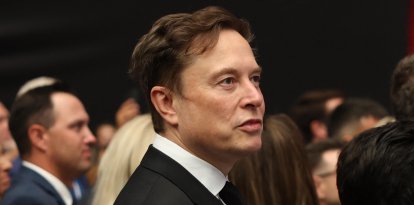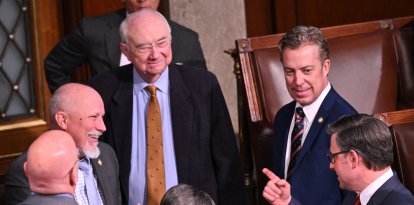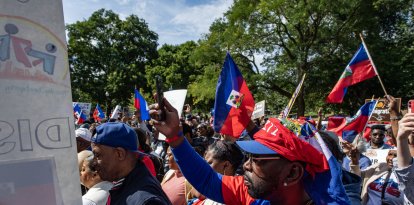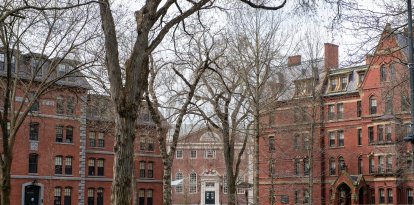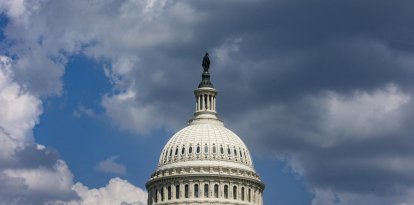Marco Rubio will not attend G20 summit in South Africa: 'They are doing very bad things'
The decision comes days after President Donald Trump announced he will cut U.S. funding to the country.

Secretary of State Marco Rubio boards a plane at Panama Pacific International Airport.
Secretary of State Marco Rubio has just announced on his X account that he will not attend the G20 summit in South Africa as he considers that things are happening in the Central American country that are not in line with the Republican administration.
Specifically, Rubio, referred to the promotion of "solidarity, equality and sustainability." In other words: DEI and climate change.
I will NOT attend the G20 summit in Johannesburg.
— Secretary Marco Rubio (@SecRubio) February 5, 2025
South Africa is doing very bad things. Expropriating private property. Using G20 to promote “solidarity, equality, & sustainability.” In other words: DEI and climate change.
My job is to advance America’s national interests, not…
Rubio's decision comes days after President Donald Trump announced cutting funding to South Africa for killings and aggressions against certain groups of people.

Politics
Trump announced he will halt funding to South Africa over killings and assaults on white farmers
Leandro Fleischer
On Saturday, Trump declared that “terrible things are happening in South Africa. The leadership is doing some terrible things, horrible things” without providing specifics. He said “they're taking away land, they're confiscating land, and actually they're doing things that are perhaps far worse than that.”
Therefore, Trump's decision to halt funding will be in effect until an investigation into the matter has been completed.
South Africa, G20 chair
In a statement released by the South African government they point out that the focus and motto chosen for the presidency of the summit is "Solidarity, Equality, Sustainability." The statement, however, makes no reference to the law that makes it easier for the state to expropriate land in the public interest enacted by South African President Cyril Ramaphosa.
According to the law, the aim is to address racial disparities in land ownership that persist three decades after the demise of apartheid in 1994.














